Metal detecting is a captivating hobby that allows enthusiasts to embark on a journey through time, unearthing the remnants of past civilizations and lost treasures. From its humble beginnings to its modern-day popularity, metal detecting has played a significant role in uncovering historical artifacts and shedding light on our collective heritage. In this blog post, we delve into the fascinating world of metal detecting through the ages, tracing its evolution and the treasures it has unearthed.
The Birth of Metal Detecting
The roots of metal detecting can be traced back to the late 19th century. The invention of the first functional metal detector, the electromagnetic induction balance, is credited to Alexander Graham Bell in 1881. Although primarily used for scientific purposes, the potential for treasure hunting soon became apparent.

Alexander Graham Bell
Military Applications
Metal detectors gained prominence during World War II when they were used to locate landmines and unexploded ordnance. After the war, surplus military detectors found their way into the hands of civilian treasure hunters, fueling the growth of the hobby.

Metal Detector used for locating landmines during WW2
Exploring Battlefields and Historic Sites
Metal detecting gained popularity in the 1960s and 1970s as treasure hunters began exploring historic battlefields and archaeological sites. These enthusiasts unearthed artifacts ranging from musket balls and buttons to coins and medals, providing valuable insights into past conflicts and daily life.
Coin Shooting and Relic Hunting
Coin shooting, the search for coins and other currency, became a prominent aspect of metal detecting in the 1970s and 1980s. Detectorists scoured parks, beaches, and historical locations in search of lost or discarded coins, establishing a thriving community of coin shooters. Relic hunting, on the other hand, focused on uncovering historical artifacts such as buttons, buckles, and military items, further contributing to our understanding of the past.

Old Coin
Metal Detecting Ethics and Preservation
Over time, the metal detecting community recognized the importance of responsible digging practices and adhering to ethical guidelines. Collaboration with archaeologists and cultural heritage organizations has become vital to ensure the preservation of archaeological sites and the proper documentation of finds.
Advancements in Technology
The turn of the 21st century brought significant advancements in metal detecting technology. Detectors became more sensitive, allowing for greater depth and target discrimination. Integrated GPS systems and digital displays improved accuracy and ease of use. Additionally, wireless headphones, waterproof detectors, and lightweight designs made metal detecting more accessible and enjoyable.
Notable Finds and Discoveries
Metal detecting has led to numerous remarkable discoveries. From ancient Roman coins to medieval artifacts, detectorists have uncovered valuable treasures that provide insights into various historical periods. Notable finds include the Staffordshire Hoard, a collection of Anglo-Saxon gold and silver artifacts, and the Crosby Garrett Helmet, a Roman cavalry helmet.
Metal detecting has evolved from a scientific invention to a popular hobby cherished by treasure hunters worldwide. It has unearthed treasures that enhance our understanding of the past and bring history to life. Whether searching for lost coins, relics, or uncovering hidden archaeological sites, metal detecting continues to captivate enthusiasts of all ages. As the hobby progresses, responsible metal detecting practices and collaboration with professionals ensure the preservation of our collective heritage and the continued exploration of history's hidden treasures.


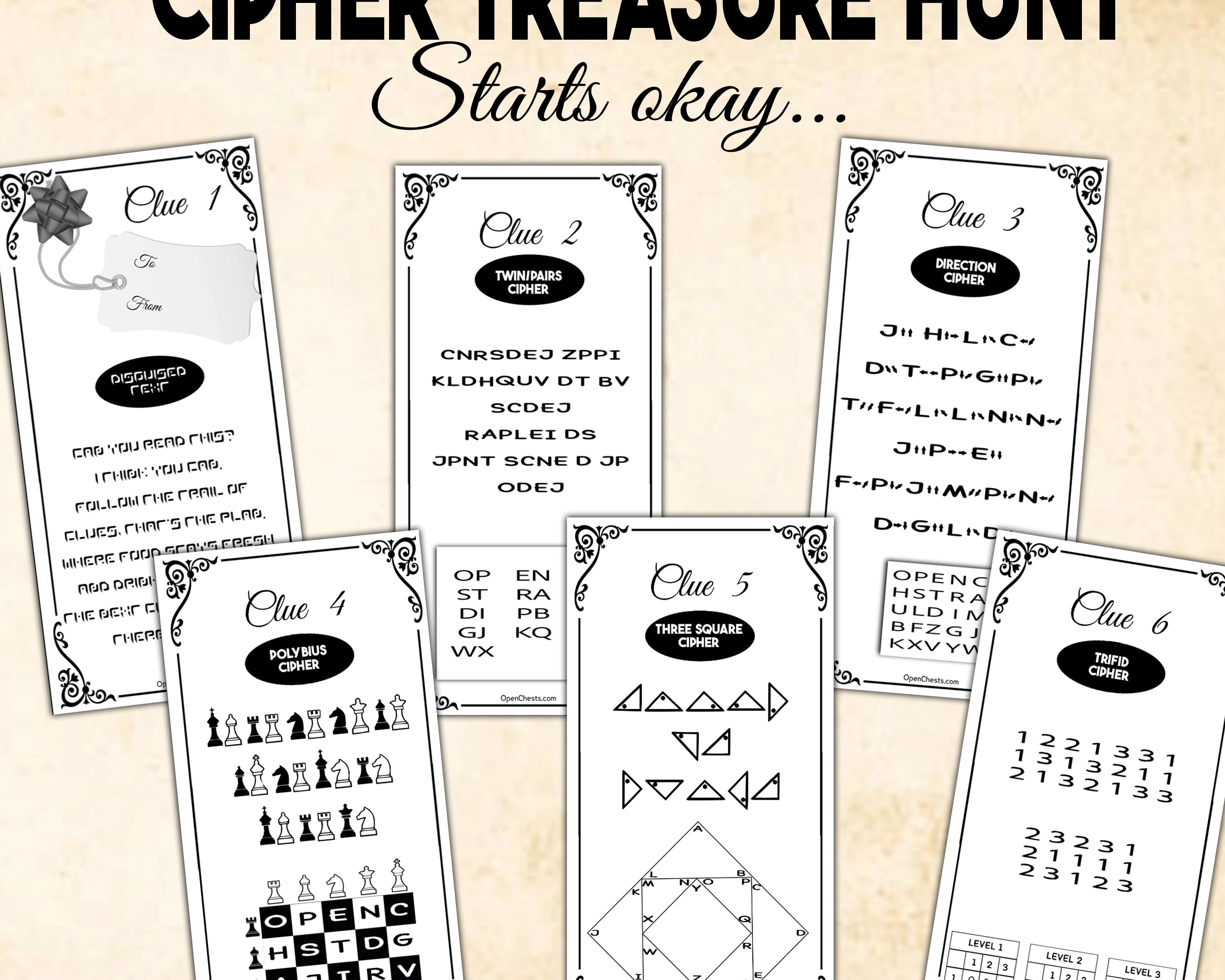


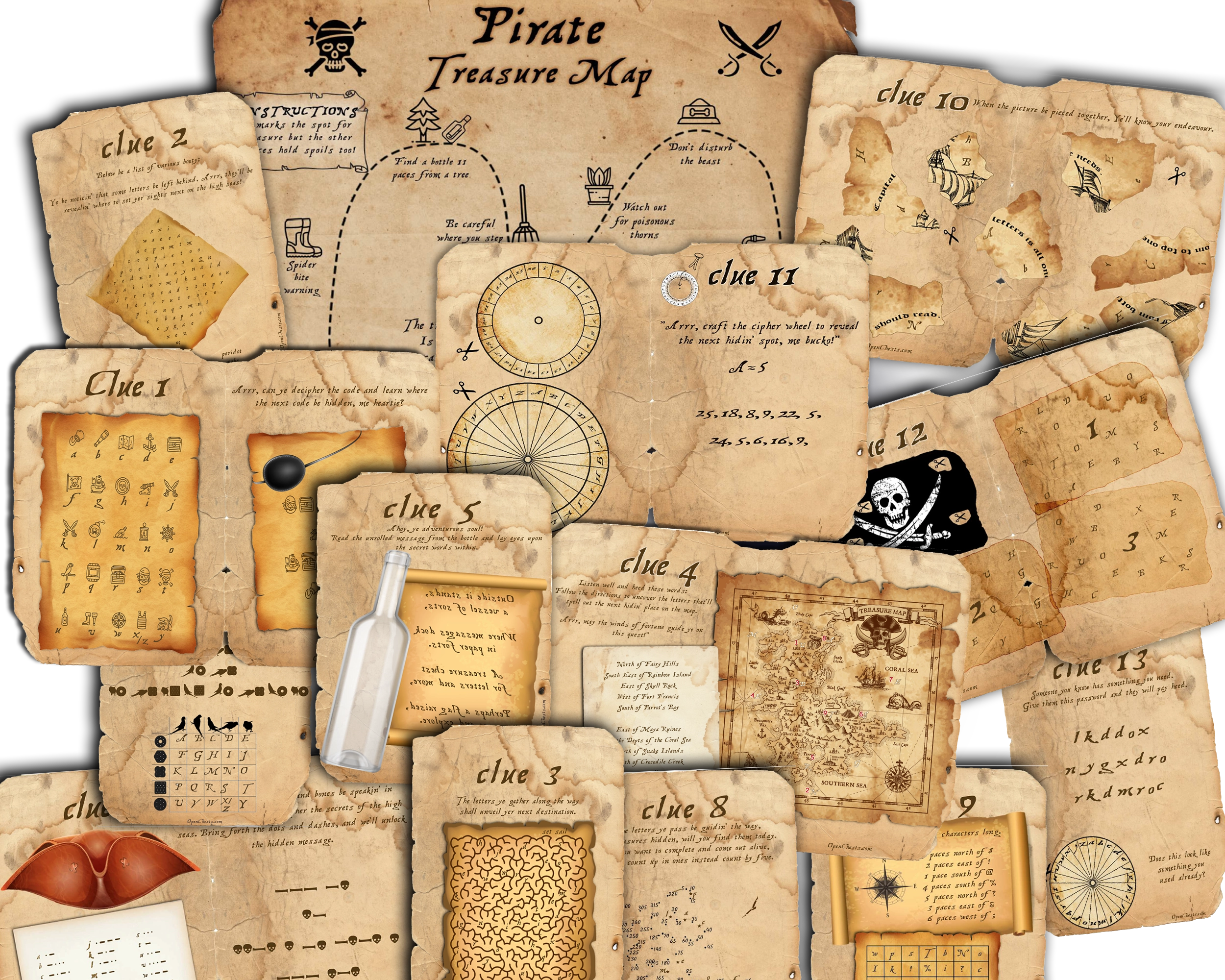
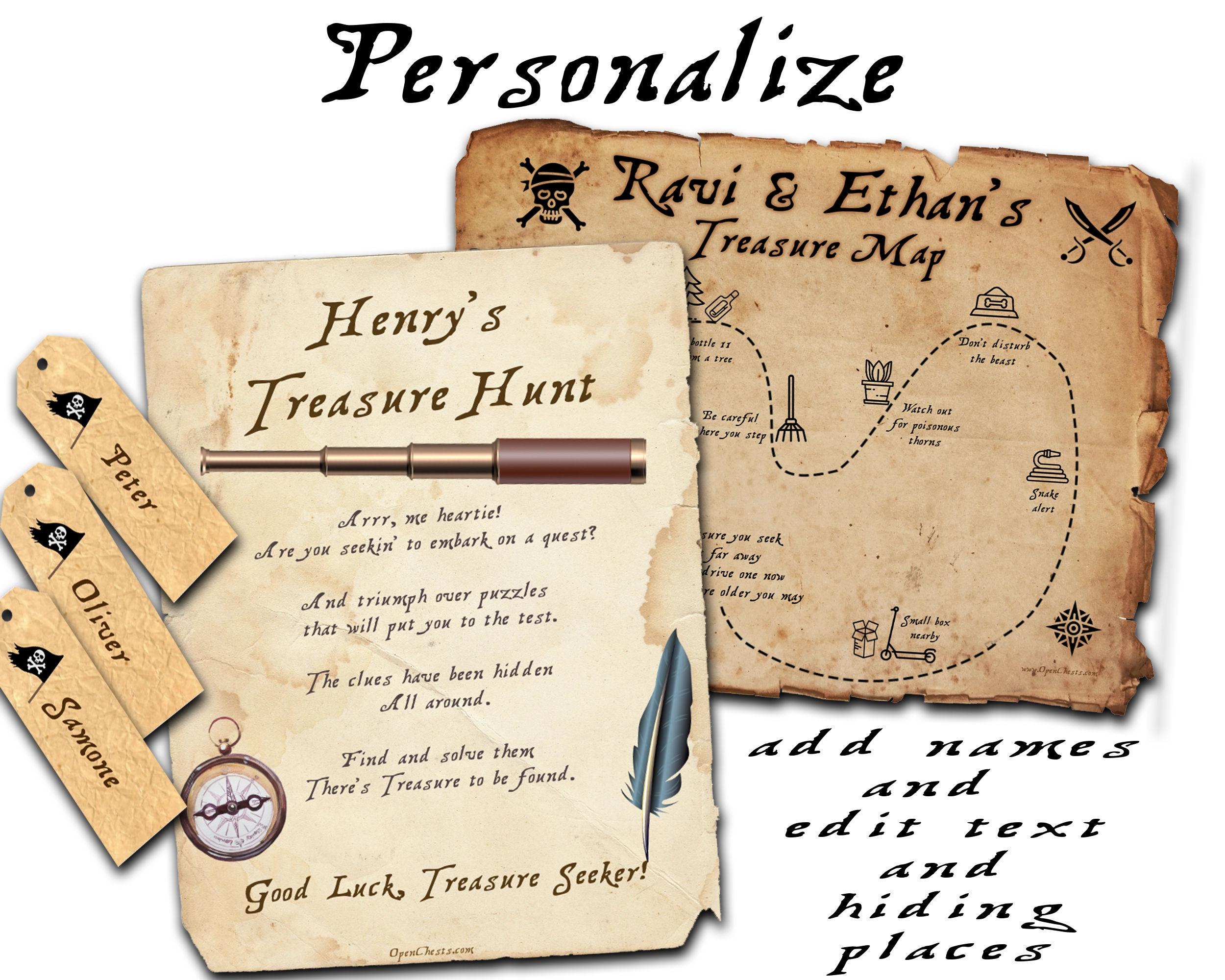
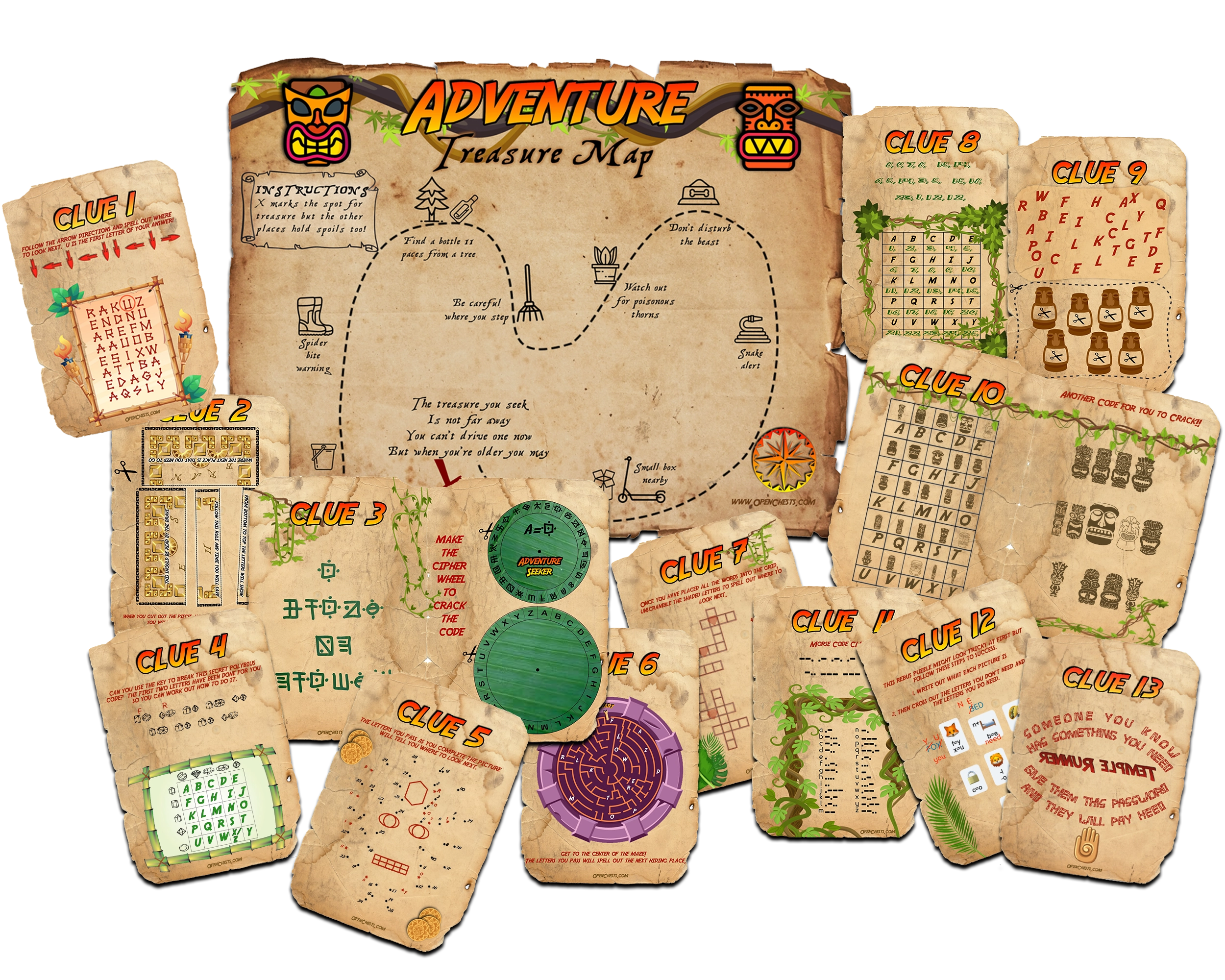
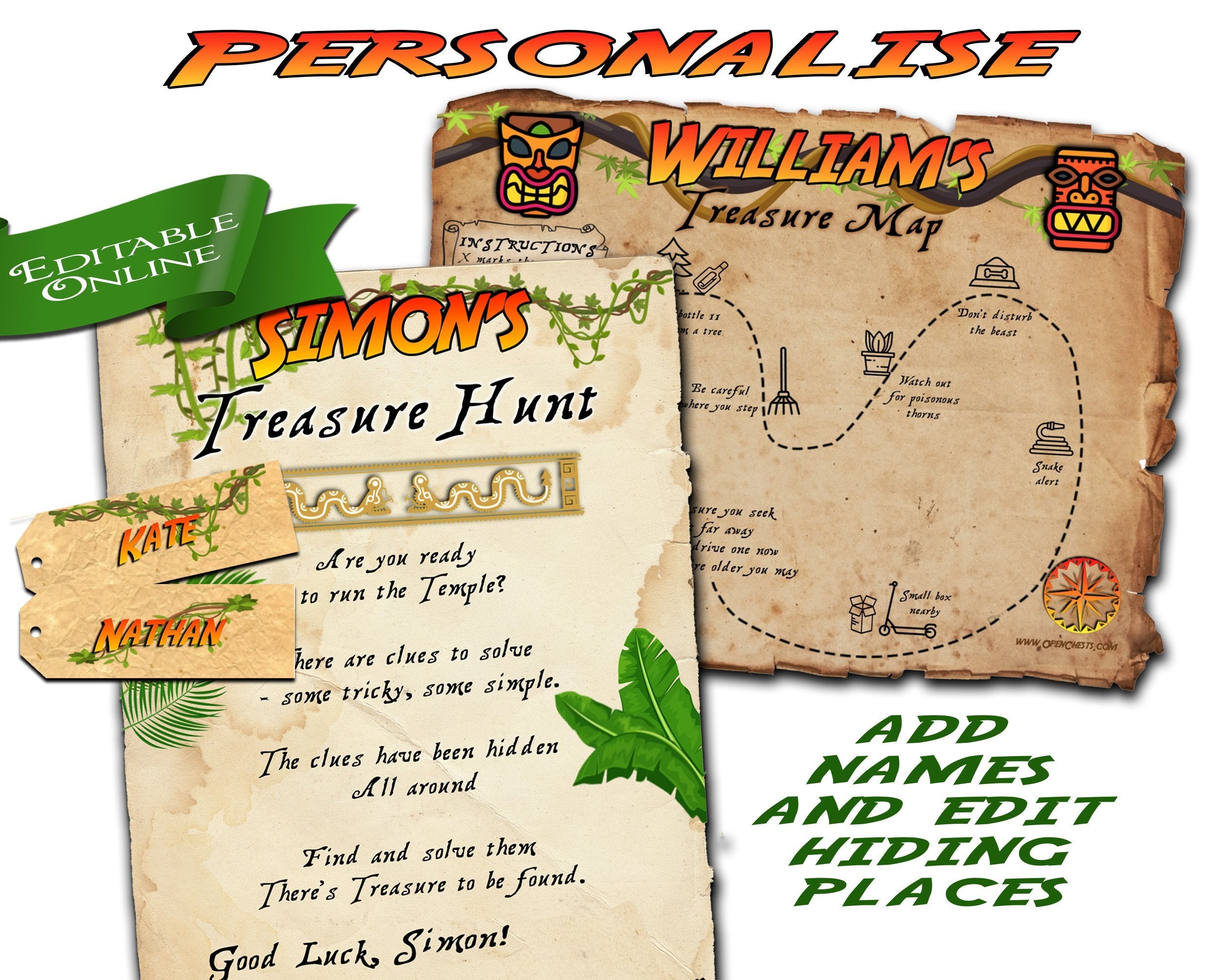

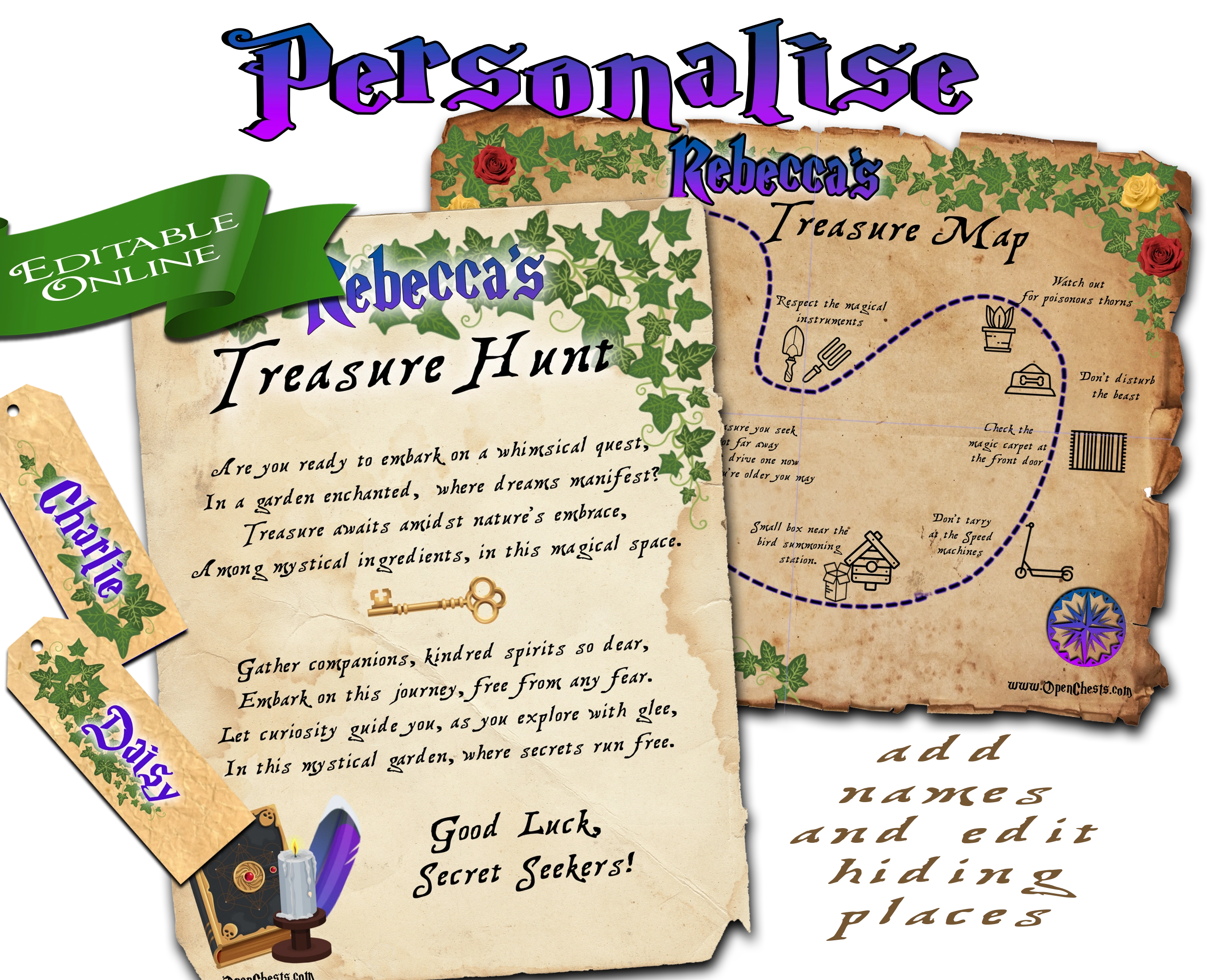
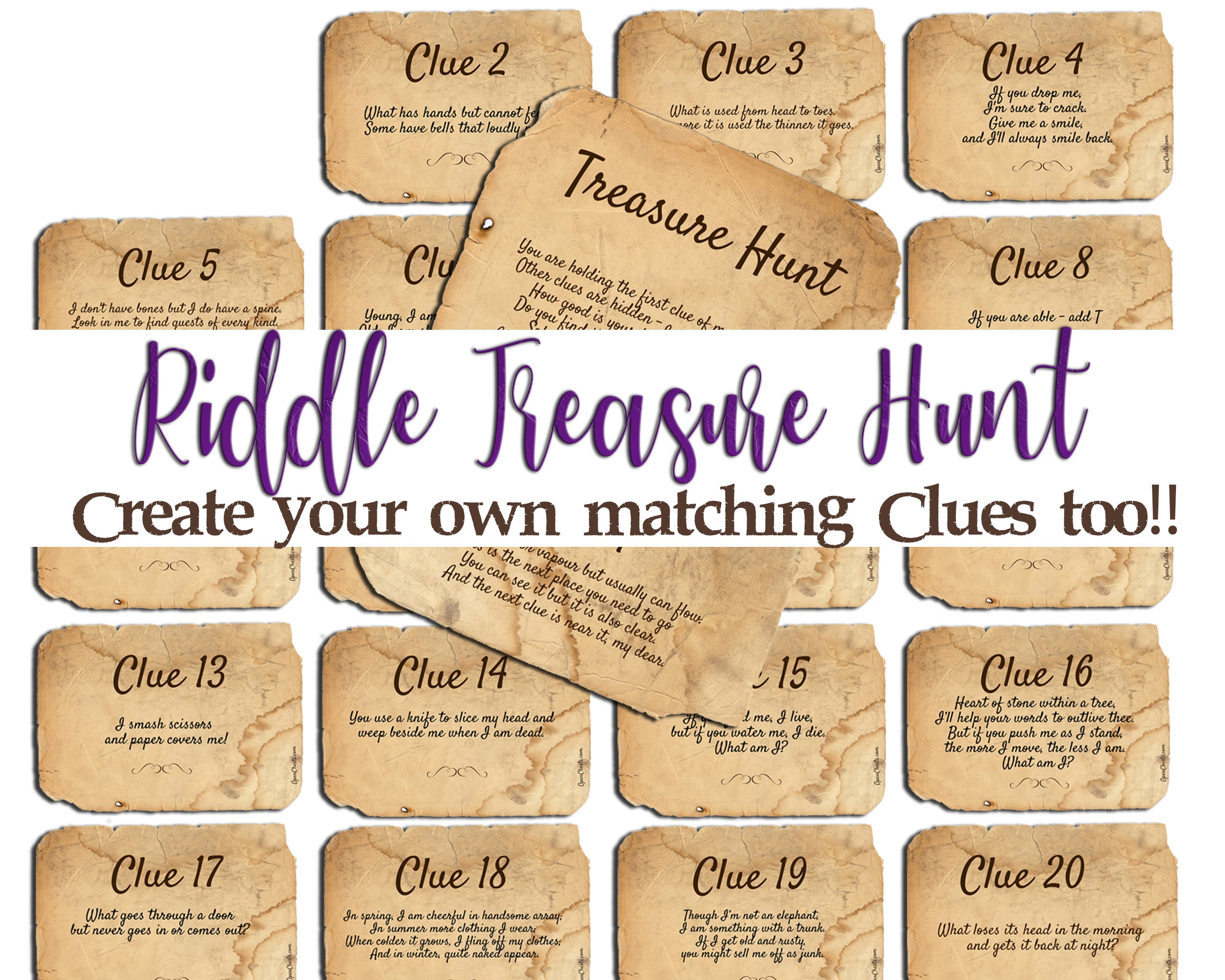
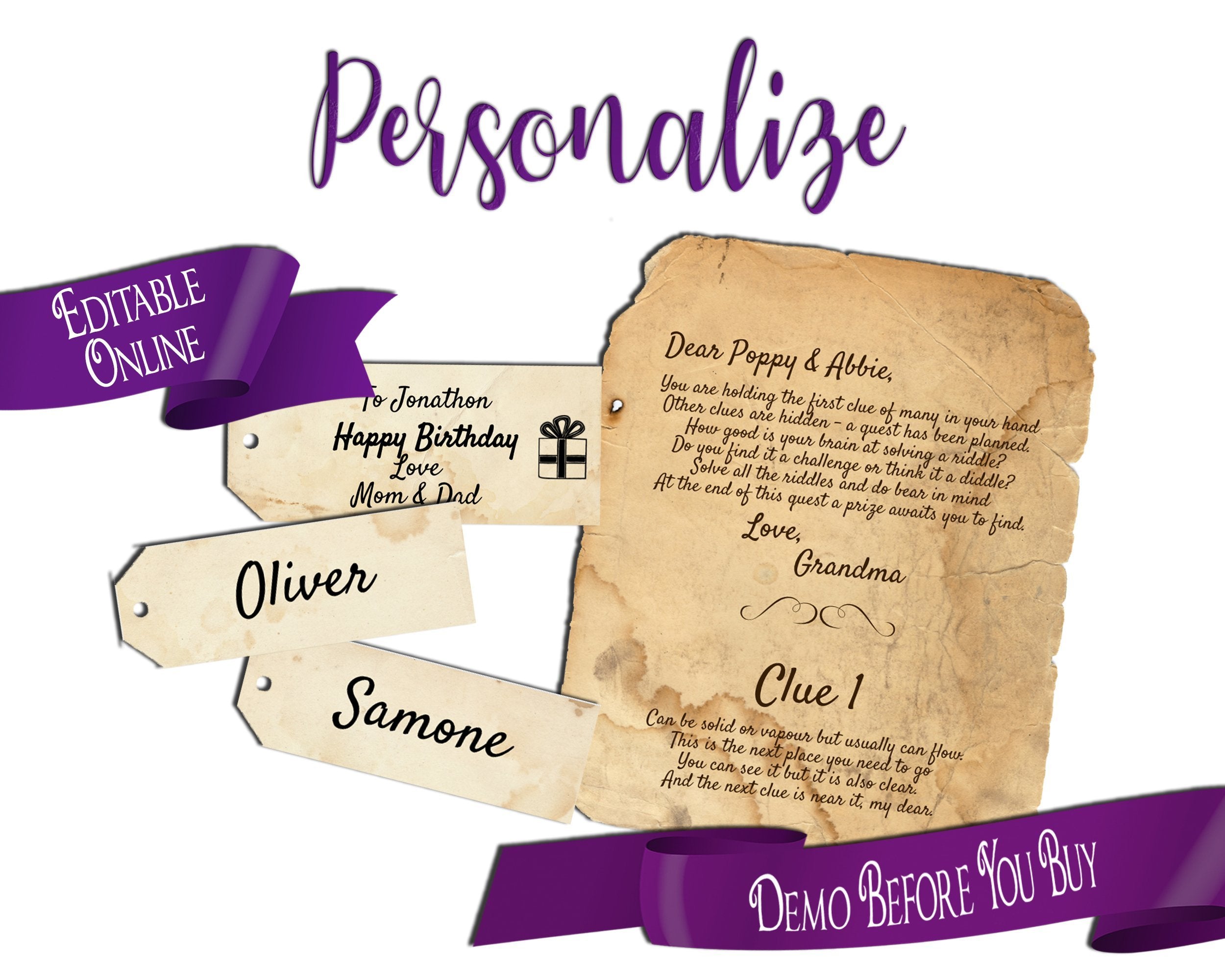


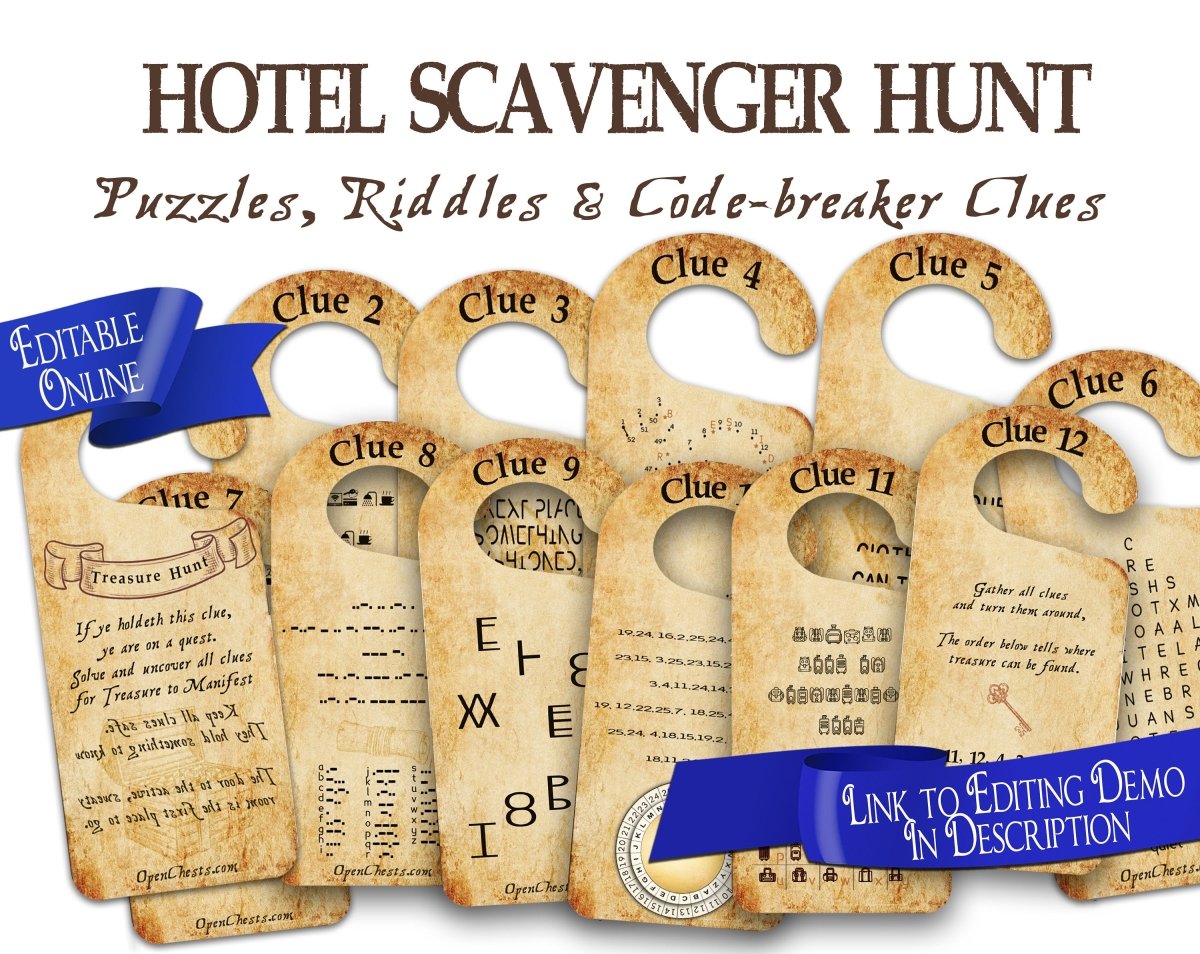
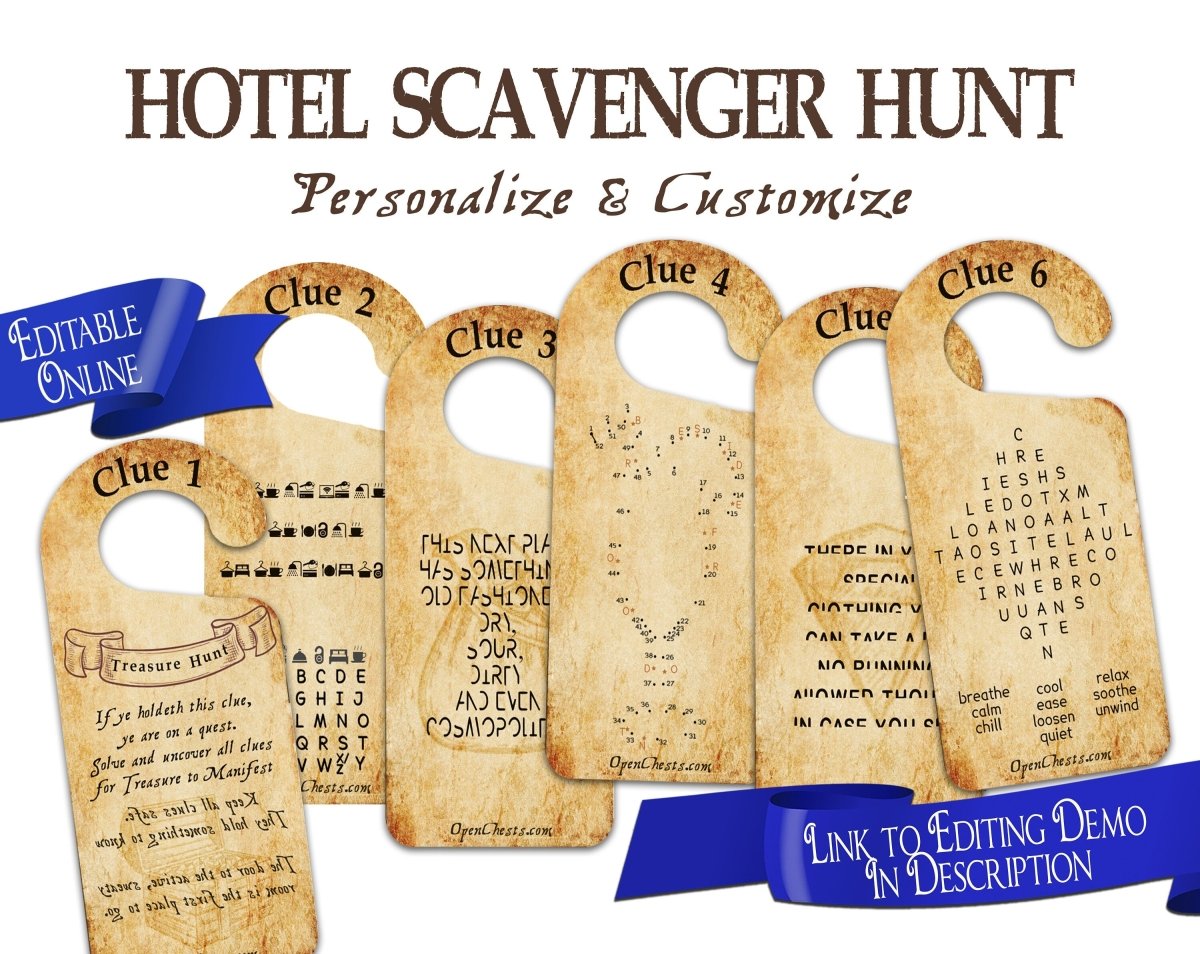

Leave a comment